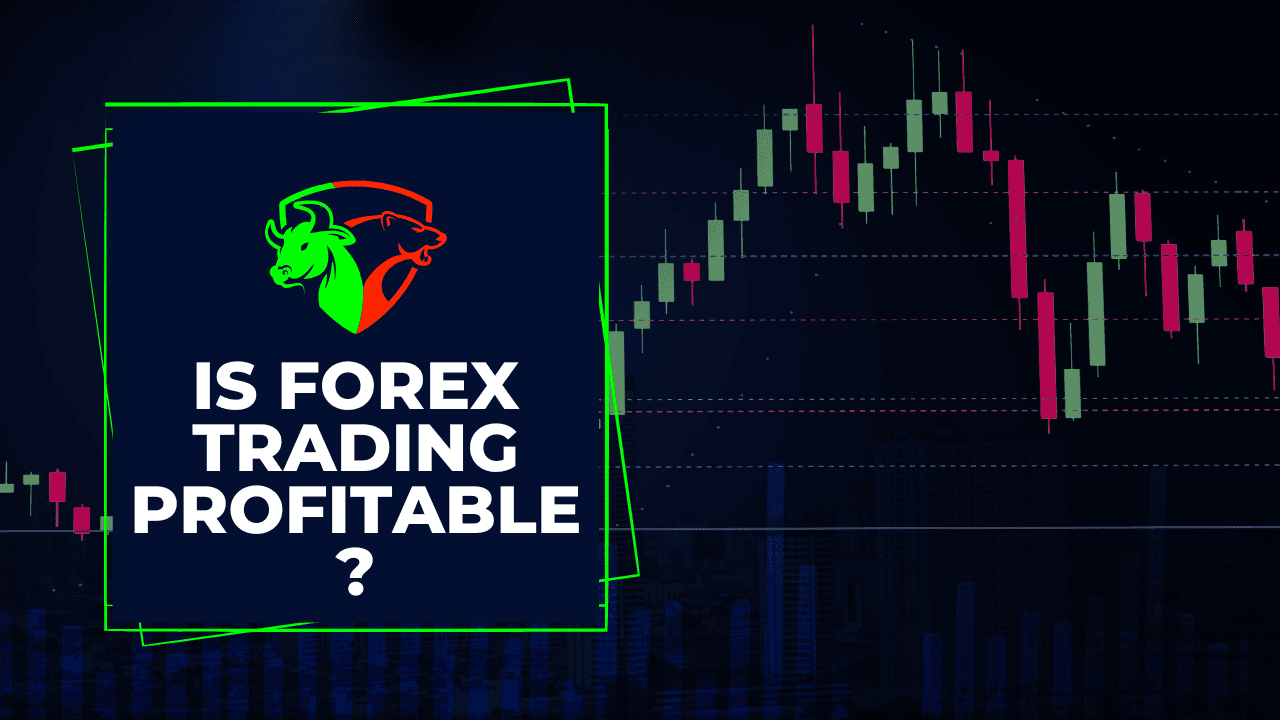People often ask me, “Is Forex trading really profitable?” They’re curious, and I get it. I had the same question when I first dipped my toes into the Forex world, hopeful but unsure. Let me just say—this isn’t a straightforward “yes” or “no” kind of answer. Trading currencies can be wildly profitable, but there’s a lot more to it than just jumping in and making easy money. I’ll share a bit about what I’ve experienced, the highs, the lows, and a few things I wish I’d known from the start.
Table of Contents
1. My Initial Interest in Forex Trading
2. How Profits in Forex Really Work
3. The Pros and Cons of Forex Trading
4. Real-Life Examples and Lessons Learned
5. Wrapping Up: Can You Make Money in Forex?
6. FAQs
When I first heard about Forex, I thought it was just for pros in finance, not regular people like me. But then I stumbled across a few blogs that made it sound like an average Joe could get in and potentially make some serious cash. It wasn’t long before I had opened a small account with a broker. My initial goal was modest—I just wanted to see if I could turn a profit. But within weeks, I realized that making money in Forex wasn’t as easy as some online gurus made it out to be.
Forex trading is all about the movement of currency pairs. You buy one currency while selling another, betting that the one you’re buying will go up in value against the one you’re selling. It sounds simple enough, but currency values fluctuate due to a ton of unpredictable factors: interest rates, political events, even natural disasters. I once had a profitable trade in the USD/JPY pair completely turn against me because of an unexpected announcement from the Bank of Japan. That one incident made me realize how much global events can shake up your trades.
So, is Forex profitable? Well, it can be. In Forex, there’s something called leverage, which lets you control a large amount of money with a relatively small deposit. This can multiply your gains… but it can also do a number on your account if things go south. I learned this the hard way. One time, I leveraged too much on a seemingly “sure thing.” I figured, “What could go wrong?” A lot, as it turns out. A sudden shift in the market erased my gains and then some. That was a tough pill to swallow, but it taught me to respect leverage and always have a risk management plan in place.
For every win in Forex, there can be just as many losses if you’re not careful. And even if you’re smart about it, it’s easy to let emotions get the better of you. When I started, I’d feel elated with a win and crushed by a loss. A few friends of mine who trade feel the same way. It’s tempting to chase after lost money or try to capitalize on a hot streak. But I’ve learned that consistency is key. Making small, consistent gains over time can be more sustainable than trying to hit it big with every trade.
Now, here’s the part that gets tricky—Forex trading requires strategy and patience. Some traders make use of technical analysis, which means looking at charts and historical data to predict future price movements. Others focus on fundamental analysis, studying economic indicators like GDP and unemployment rates to gauge the strength of a country’s currency. Personally, I like to mix both approaches, though I’ll admit that my strategy changes depending on what’s happening in the world. During the COVID-19 pandemic, for example, I had to rethink a lot of my trades, as global currencies were moving in ways that I hadn’t anticipated.
While Forex trading can be profitable, there are no guarantees. I know people who have made a decent living off it, but I also know people who’ve lost significant amounts. In the end, success in Forex is often about having a clear plan, managing risks, and never letting your emotions dictate your trades. If you can stick to a strategy and adapt when needed, you’ll have a better chance of seeing profits. But keep in mind, this is a long game. Anyone promising overnight riches is probably selling a dream.
So, can you make money trading Forex? Absolutely. But is it easy? Not in the slightest. You need discipline, a solid understanding of the market, and a willingness to keep learning. It’s a bit like surfing—the waves (or price changes) will come no matter what, but you’ve got to know how to ride them.
FAQ for Forex Trading
Q1. How much money can I make with Forex trading?
It varies widely. Some traders make small, consistent profits, while others aim for larger gains. But keep in mind, losses are just as possible as profits.
Q2. Is Forex trading risky?
Yes, very much so. High leverage can amplify both profits and losses, so risk management is crucial.
Q3. Do I need to be an expert to start trading Forex?
Not necessarily, but learning the basics and practicing on a demo account can help reduce mistakes.
Q4. How much time do I need to spend on Forex trading?
Some traders monitor the market daily, while others adopt a more “set it and forget it” approach. It depends on your strategy.
Q5. What tools or strategies do successful traders use?
Many rely on technical analysis, fundamental analysis, or a combination of both to make informed decisions.

